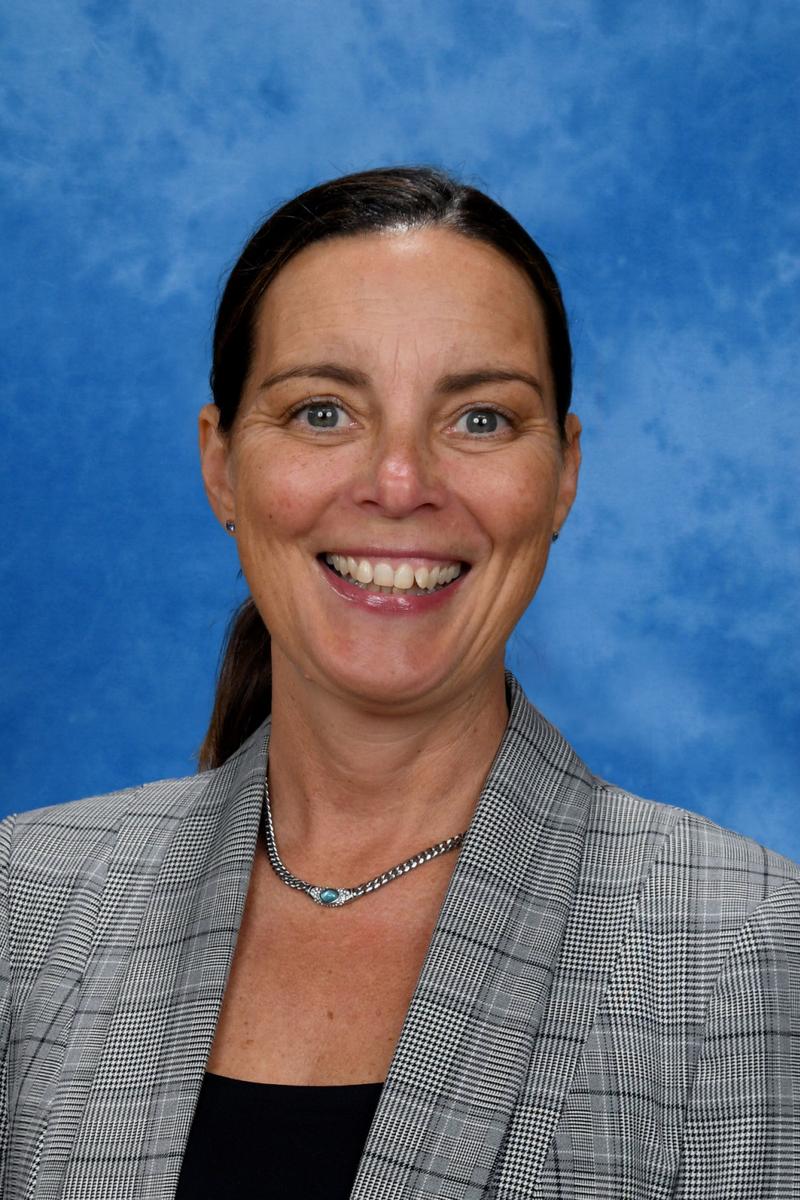Junior School

As we step into Term 2, we are proud to reflect on the outstanding efforts and achievements of our Prep to Year 5 students at Oakleigh Grammar so far this year. Term 1 set a strong foundation, with students approaching each day with curiosity, enthusiasm, and a commitment to giving their best. It's been heartening to watch them grow in confidence and capability across all areas of school life, laying the groundwork for an even more exciting term ahead.
Our students continue to uphold our H.A.R.K. values — Humility, Aspiration, Respect, and Kindness — which are deeply embedded in our school culture. Whether working together in the classroom, showing leadership in the playground, or supporting their peers, our learners are living these values in real and meaningful ways. Their actions speak volumes about the kind of community we are building together at Oakleigh Grammar.
Looking ahead to Term 2, we are excited to see our students aim even higher. With new learning goals, fresh challenges, and opportunities to further explore their strengths, this term promises to be full of growth and achievement. We encourage all students to keep striving, stay true to our values, and continue reaching for their personal best — because at Oakleigh Grammar, our actions are celebrated.
Shelley Parkes
Assistant Principal - Head of Junior School
Term 2 has commenced in a powerful way as we foster student leadership growth through the process of evaluating previous goals and setting new Wildly Important Goals (WIGs) for the term.
These goals are more than just classroom tasks; they are personal commitments that help students grow in character and competence - two key pillars of leadership.
These goals are often academic but can also focus on personal development, wellbeing, or interpersonal skills.
WIGs help students answer questions like:
- What do I want to achieve this term that matters most to me?
- How will I know I’ve succeeded?
- What are the steps I need to take?
Students then break their goals down into manageable lead measures — specific actions they can take regularly — such as practicing times tables three times a week, reading every night for 20 minutes, or showing kindness by helping a peer each day.
Empowering Student Leadership Through the 7 Habits
The WIG process is grounded in The 7 Habits and when students set and track their goals, they’re practicing habits like:
- Habit 1: Be Proactive – taking ownership of their learning and actions.
- Habit 2: Begin with the End in Mind – setting a clear vision of what they want to accomplish.
- Habit 3: Put First Things First – prioritising the actions that lead them toward their goals.
- Habit 7: Sharpen the Saw – finding balance and looking after their wellbeing while working towards their goals.
These habits support students to grow in self-awareness, responsibility, and resilience — skills that are not only essential for academic success but for life.
Identifying Themselves as Leaders
As students set and work towards their WIGs, they also reflect on who they are as leaders. They consider two key areas:
- Character – such as being honest, compassionate, reliable, or a team player.
- Competency – such as being a confident speaker, skilled writer, creative thinker, or organised learner.
Teachers encourage students to recognise their own strengths and contributions, helping them affirm:
“I am a leader in _____ because I _____.”
For example:
- “I am a leader in kindness because I include others at recess.”
- “I am a leader in writing because I help my group with editing our stories.”
This self-recognition nurtures self-confidence and a growth mindset, and it helps students see leadership as something that starts with them — in their actions, decisions, and values.
Parents play a crucial role in reinforcing goal-setting and leadership habits. Here are a few ways you can support your child’s WIG journey:
- Ask your child about their goal and the steps they’re taking.
- Celebrate progress, not just results — effort and persistence are worth noticing!
- Help them reflect if they face setbacks: What can they do differently? What did they learn?
- Use the 7 Habits language at home — e.g., “What’s your plan?” or “Let’s put first things first.”
When children are empowered to set goals that matter to them and take ownership of their progress, they become more engaged, motivated, and confident learners. More importantly, they begin to see themselves as leaders of their own lives — capable of making a difference in their learning, their relationships, and their world.
Sarah Caffrey
Head of Junior School Curriculum


